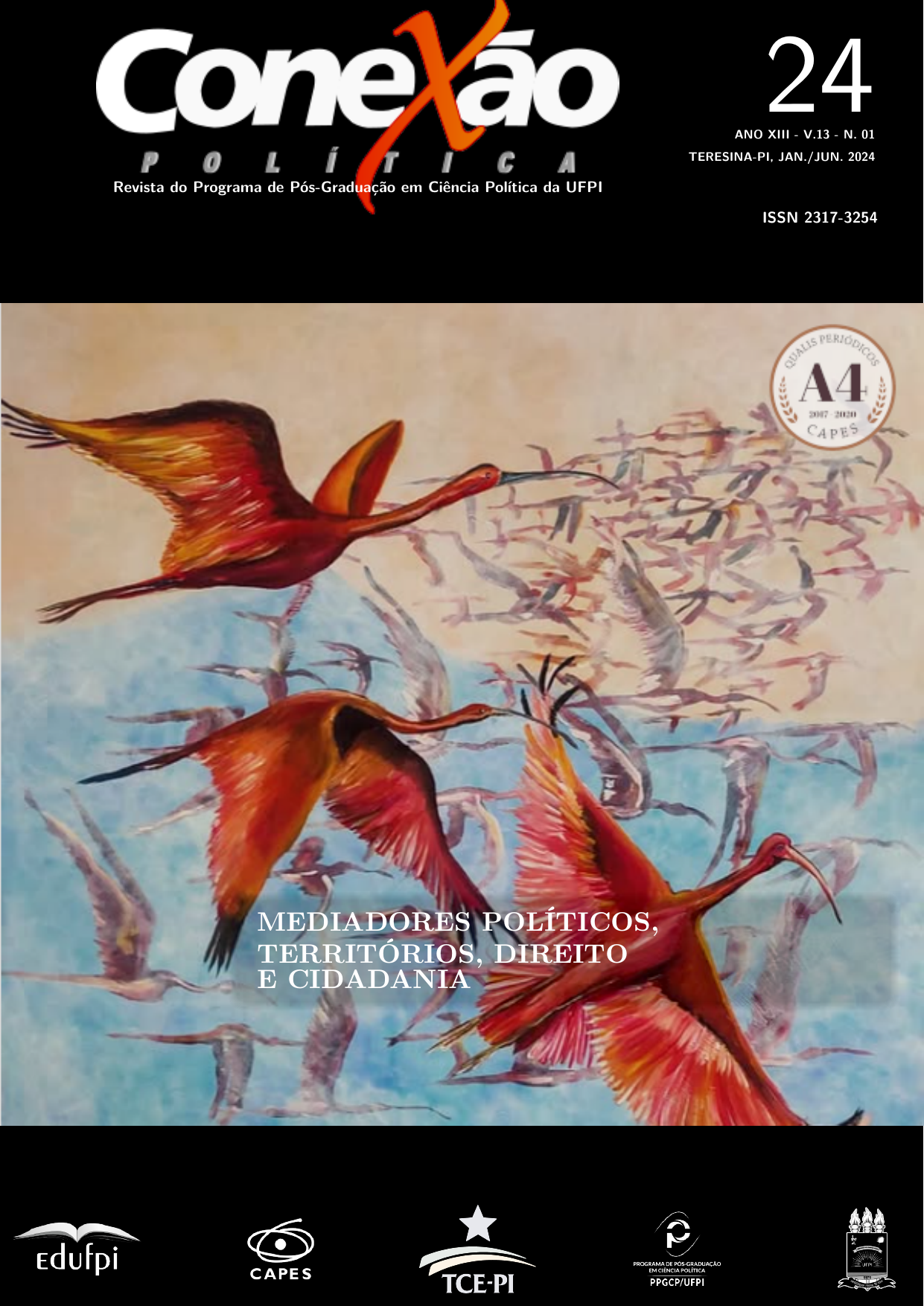UMA CONDIÇÃO À DEMOCRACIA
O DIREITO À EDUCAÇÃO DOS POVOS DO CAMPO NO PIAUÍ
DOI:
https://doi.org/10.26694/2317-3254.rcp.v13i1.6223Keywords:
Rural Education. Historical journey. Right to educationAbstract
The historical trajectory of Brazilian education from its early manifestations is marked by a continuous dialectical process of advances and setbacks, originating from different sources up to the present day, involving a variety of cultural, social, political, and economic elements specific to each historical moment. Some educational modalities remained on the margins of policies by integrating subjugated cultures in the historical process, among them being Rural Education, thus being in a scenario of continuous struggles, constructions, social organizations, community representations, and social groups defending the rural areas as a place of knowledge production. Considering this view, we start with the problem: how was the historical process of the peasants' right to education in the context of the democratic state of law in Piauí carried out? Therefore, we aim to analyze the historical and cultural construction process of Rural Education within the perspective of democratizing the rural peoples. Anchored in Caldart (2009), Molina (2004), Arroyo (2009), among others, through qualitative documentary research, we understand that Rural Education in Piauí is still in a process of cultural resistance regarding public policies for peasants, facing difficulties in guaranteeing the right to education and finding support from rural social movements that have pressured the State through struggles for the recognition of rural culture and its production mode as a paradigm for Education and the social functioning of their community, in the pursuit of forming critical-reflexive subjects active in their learning context.




